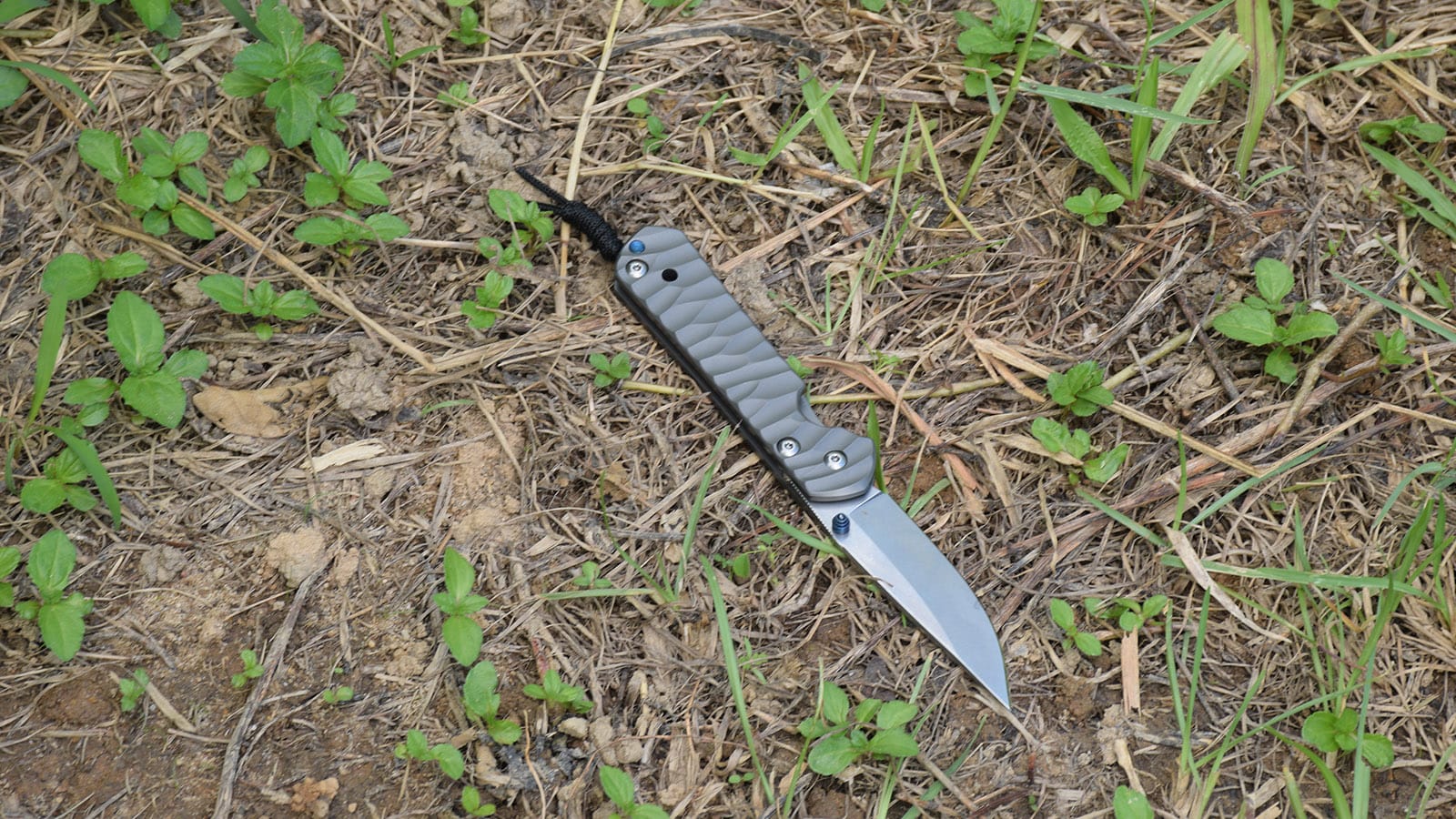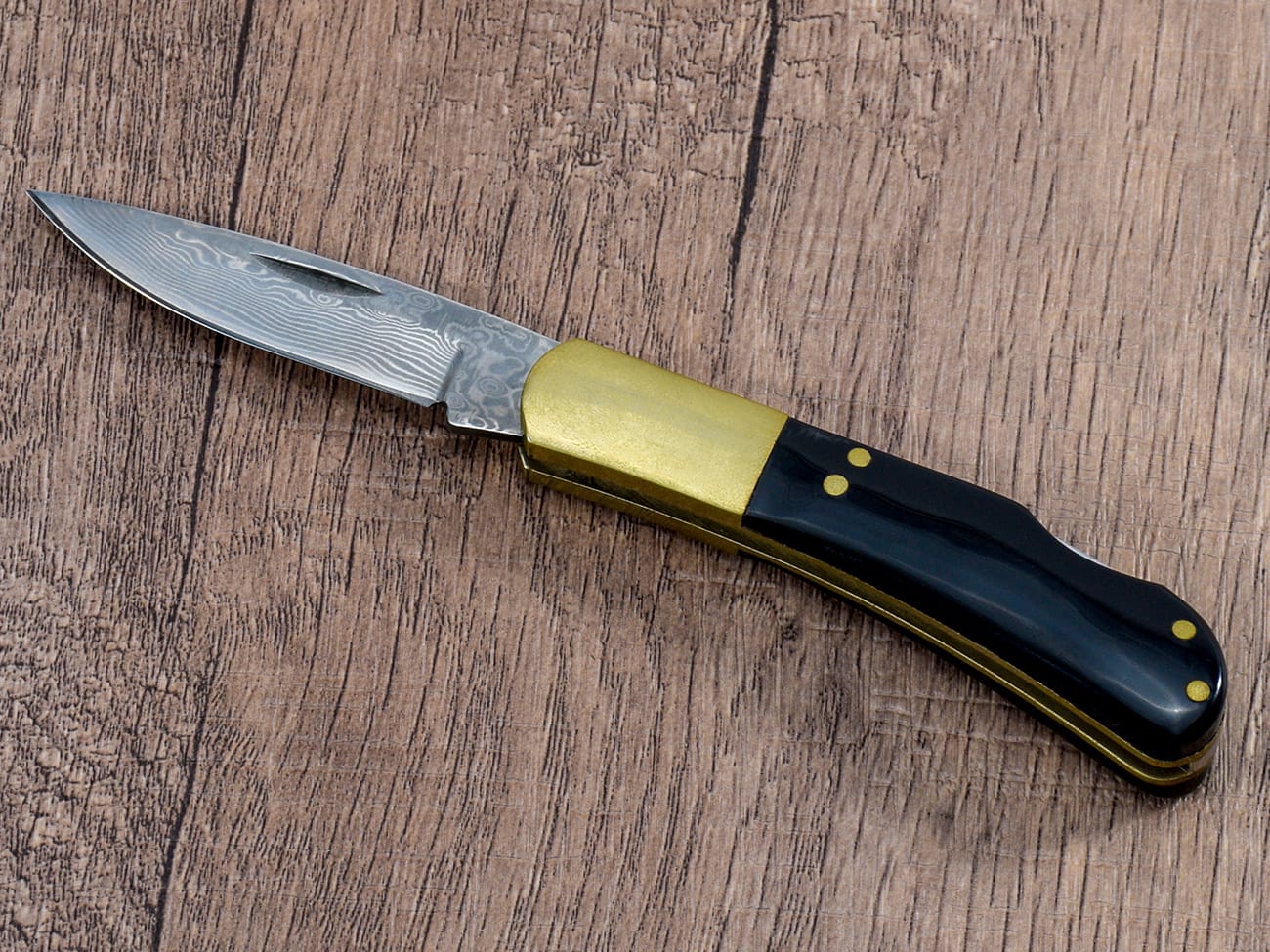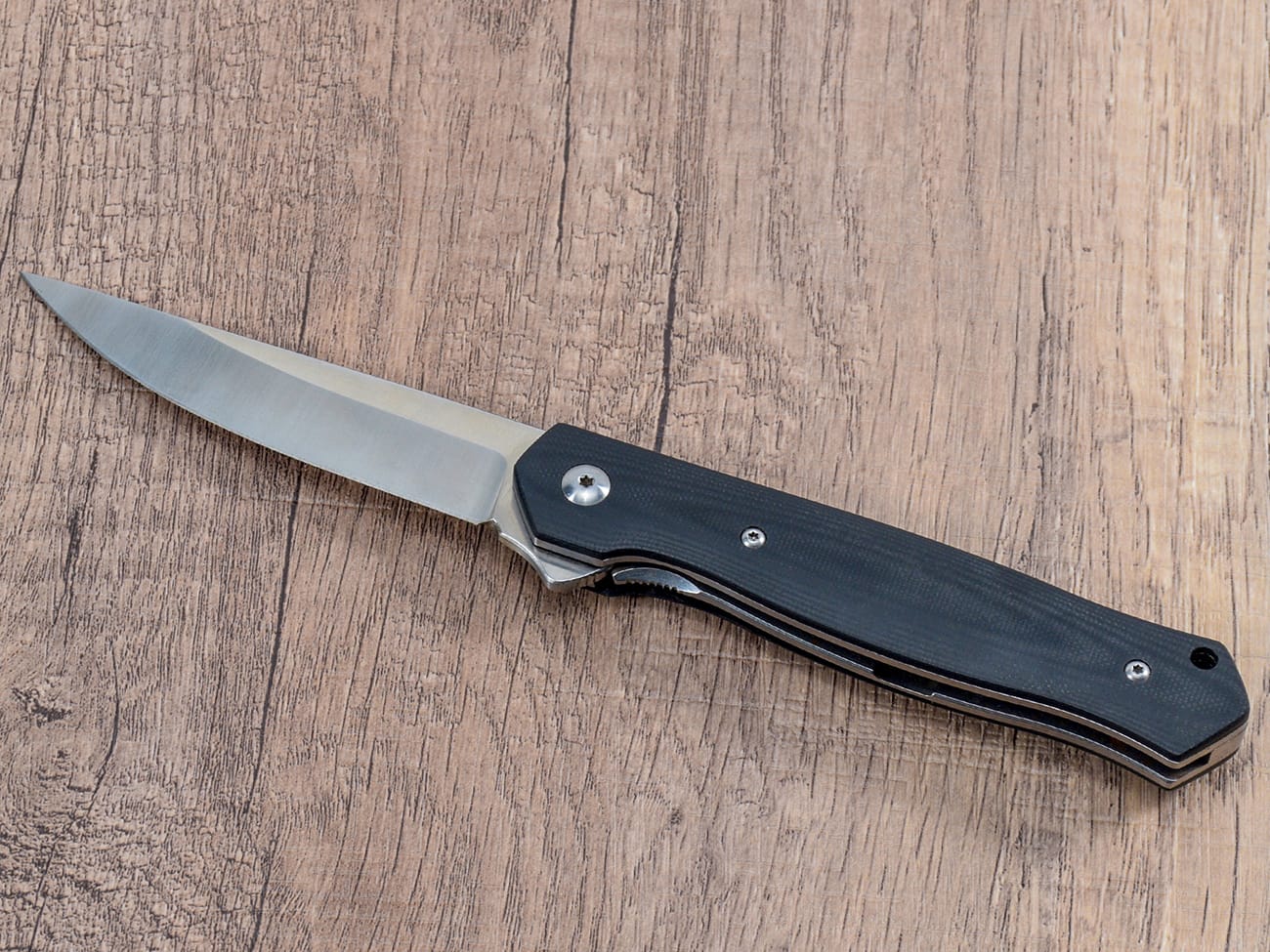Knife enthusiasts and everyday users alike are always on the lookout for blades that can withstand the test of time and use. Titanium coated knife blades have gained popularity in recent years, but are they truly the pinnacle of durability? This article will delve into the world of titanium coatings, exploring their benefits, limitations, and how they stack up against other blade materials. Whether you’re a pocket knife collector or simply someone who wants a reliable kitchen knife, understanding the properties of titanium coatings can help you make an informed decision about your next blade purchase.
What is Titanium Coating on Knife Blades?
Titanium coating is a thin layer of titanium or titanium-based compounds applied to the surface of a knife blade. This process is typically done through physical vapor deposition (PVD), which creates a durable and aesthetically pleasing finish. But what exactly does this coating do for the blade?
How is Titanium Coating Applied to Knife Blades?
The application of titanium coating is a precise and high-tech process. Physical vapor deposition involves vaporizing titanium in a vacuum chamber and allowing it to condense on the blade surface. This creates a uniform, thin layer that adheres strongly to the steel beneath.
What Are the Benefits of Titanium Coated Blades?
Titanium coatings offer several advantages that make them attractive to knife manufacturers and users:
- Increased corrosion resistance
- Enhanced hardness
- Improved wear resistance
- Attractive appearance
- Potential for better edge retention
These benefits contribute to the overall durability and longevity of the knife, making titanium coated blades a popular choice for both EDC knives and kitchen cutlery.
How Does Titanium Coating Compare to Other Blade Coatings?
When it comes to blade coatings, titanium isn’t the only player in the game. Let’s compare it to some other common coatings:
- Titanium Nitride (TiN): Often gold in color, TiN offers excellent hardness and wear resistance.
- Diamond-Like Carbon (DLC): Known for its extreme hardness and low friction coefficient.
- Teflon: Provides a non-stick surface but is less durable than metallic coatings.
- Ceramic: Offers good corrosion resistance but can be brittle.
Each coating has its pros and cons, but titanium coatings tend to offer a good balance of properties for many knife applications.
Does Titanium Coating Affect the Sharpness of the Blade?
One common concern among knife users is whether the coating will impact the blade’s sharpness. In general, a properly applied titanium coating should not significantly affect the blade’s cutting edge. However, it’s important to note that the coating may slightly round the very edge of the blade, which could require initial sharpening for optimal performance.
Can Titanium Coated Blades Be Sharpened?
Yes, titanium coated blades can be sharpened just like uncoated blades. However, there are a few considerations:
- The coating may wear off at the edge over time with repeated sharpening.
- Special care should be taken not to damage the coating during the sharpening process.
- Some users report that titanium coated blades may hold an edge longer, potentially reducing the frequency of sharpening.
Are Titanium Coated Blades More Durable Than Uncoated Steel Blades?
This is a complex question that doesn’t have a simple yes or no answer. While titanium coatings do provide additional protection and can enhance certain properties of the blade, the overall durability of a knife depends on various factors:
- The quality of the base steel
- The thickness and quality of the coating
- The intended use of the knife
- Proper care and maintenance
In many cases, a high-quality titanium coated blade can outlast an uncoated blade of similar quality, especially in corrosive environments or high-wear applications.
What Types of Knives Benefit Most from Titanium Coating?
Titanium coatings can be beneficial for a wide range of knives, but they are particularly useful for:
- Outdoor and camping knives exposed to harsh environments
- Kitchen knives that come into contact with acidic foods
- Industrial blades subject to heavy wear
- Tactical and military knives requiring corrosion resistance
- EDC knives that need to maintain their appearance and performance over time
Are There Any Drawbacks to Titanium Coated Blades?
While titanium coatings offer many benefits, they’re not without their drawbacks:
- Cost: Titanium coated blades are often more expensive than uncoated options.
- Potential for chipping: If the coating is too thick or improperly applied, it may chip or flake off.
- Aesthetic changes: The coating may wear unevenly, affecting the blade’s appearance over time.
- Sharpening considerations: As mentioned earlier, special care may be needed when sharpening.
How to Care for and Maintain Titanium Coated Knife Blades
To get the most out of your titanium coated blade, proper care is essential:
- Clean the blade after each use with mild soap and water.
- Dry the blade thoroughly to prevent water spots or potential corrosion.
- Apply a light coat of food-safe mineral oil to protect the blade and coating.
- Store the knife in a dry place, preferably in a knife block or sheath.
- Avoid using abrasive materials or harsh chemicals when cleaning.

A titanium coated knife blade with a G10 handle, showcasing the sleek appearance and durability of the coating
Conclusion: Are Titanium Coated Knife Blades Worth It?
After examining the properties and performance of titanium coated knife blades, it’s clear that they offer significant advantages in terms of durability, corrosion resistance, and aesthetic appeal. While they may come with a higher price tag and some special considerations for care and maintenance, the benefits often outweigh the drawbacks for many users.Whether a titanium coated blade is right for you depends on your specific needs, budget, and intended use. For those who prioritize longevity and performance in challenging environments, a titanium coated blade could be an excellent investment. However, for casual users or those on a tight budget, a high-quality uncoated steel blade may suffice.Key points to remember:
- Titanium coatings enhance corrosion resistance and wear resistance
- The coating process doesn’t significantly impact blade sharpness
- Proper care and maintenance are crucial for longevity
- Titanium coated blades can be more durable in certain applications
- Consider your specific needs when deciding between coated and uncoated blades
Ultimately, the choice between a titanium coated blade and other options comes down to personal preference and intended use. By understanding the properties and benefits of titanium coatings, you can make an informed decision about whether this technology is the right fit for your next knife purchase.




